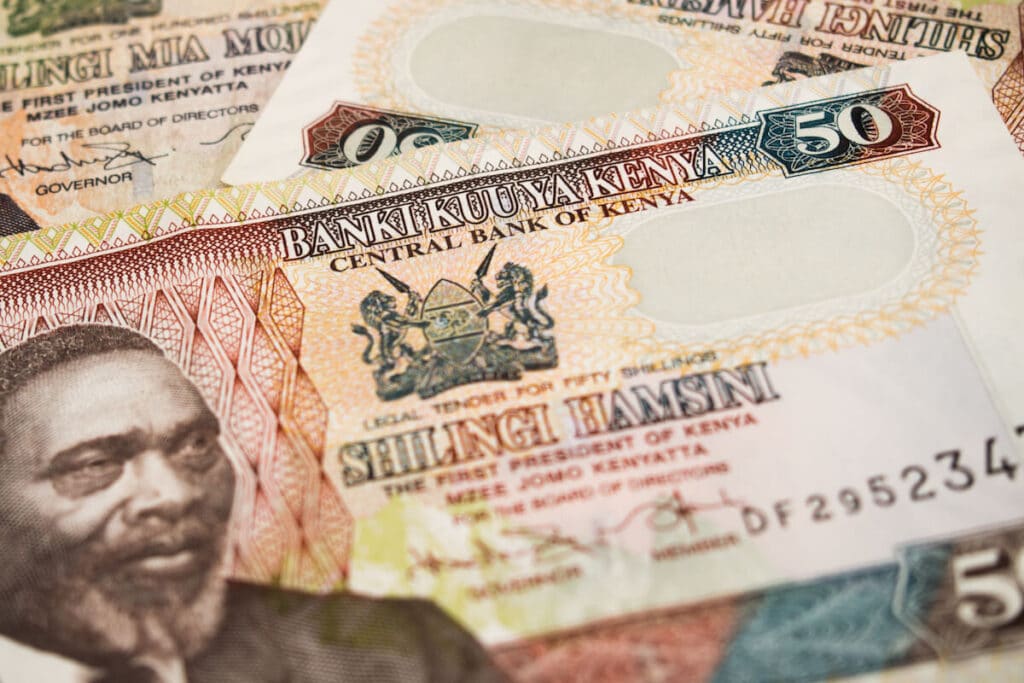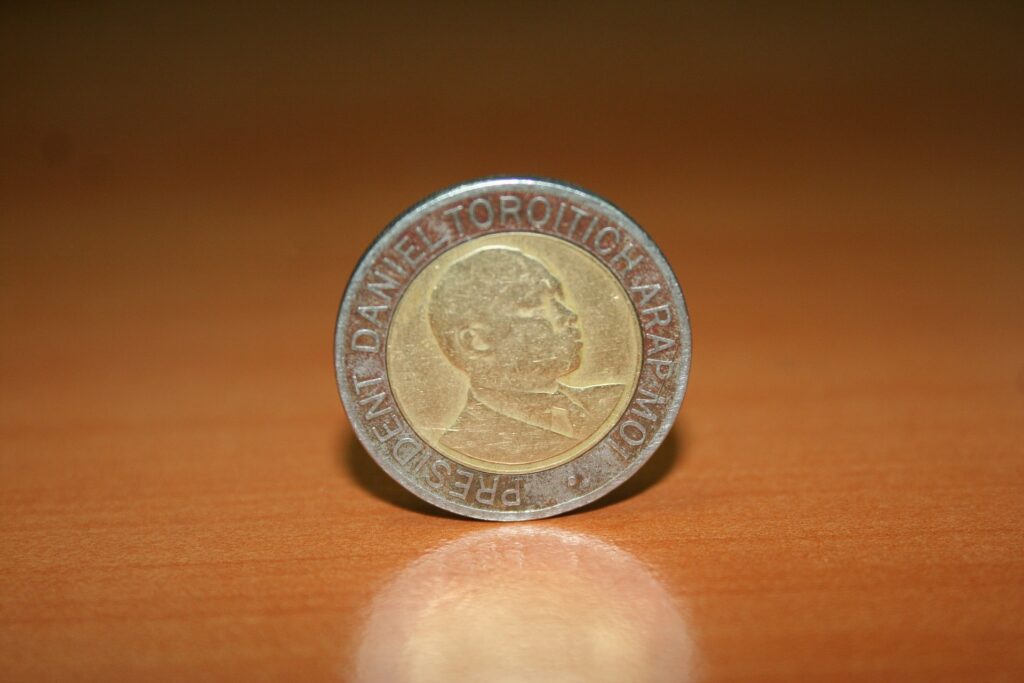The Kenyan shilling (KES) is a lot more than money you use to buy things. The shilling shows Kenya’s long history, rich culture, and strong economy. If you are going to visit, send money, or just want to know about money from around the world, here are seven interesting facts about the Kenyan shilling that you may not know.
1. Bilingual Banknotes Reflect Kenya’s Linguistic Diversity
Kenya is a country where people speak more than one language. The two main languages used are English and Swahili. You can see this on the money, as the words are printed in both. A 1 shilling coin will show “one shilling” and “shilingi moja.” You will also see “Republic of Kenya” next to “Jamhuri ya Kenya.”
2. A Shift from Political Figures to National Symbols
In the past, Kenyan money showed the faces of leaders like Jomo Kenyatta and Daniel arap Moi. But in 2010, the constitution said that no person should appear on any currency. Because of this rule, the Central Bank of Kenya made new banknotes in 2019. These notes now show national landmarks and important symbols instead of people. A big change is that these notes have pictures of the Kenyatta International Convention Centre. This is a famous building with the name of Kenya’s first president. This move has made many people talk about if using it fits with the rules in the constitution or not.
3. Celebrating Wildlife and Cultural Heritage
The new banknotes show Kenya’s many plants, animals, and ways of life. These notes also share the country’s important beliefs and what people value.
- KSh50: Shows green energy steps, with things like wind, geothermal, and sun power in the picture.
- KSh100: Has things from farms, such as maize, tea, and animals.
- KSh200: Has things about helping people, with signs of school and health care.
- KSh500: Shows tourism with pictures of beaches and wild animals.
- KSh1000: Stands for people in government, with a picture of the Parliament building.
Also, the coins show famous animals like elephants, lions, and giraffes. This shows the country’s strong effort to protect wildlife.
4. A Complex Currency Evolution
Kenya’s money story has seen a few changes:
- Pre-1919: People traded goods by bartering and used many kinds of money from other countries.
- 1919-1966: The East African Currency Board brought in the East African shilling.
- 1966: After Kenya became independent, it set up the Central Bank and started using the Kenyan shilling.
This change shows how the country has worked to be more in control of its own economy.

5. Unique Notation System
Kenyan money uses its own way of writing numbers and symbols.
- x/y: Here, ‘x’ stands for shillings and ‘y’ stands for cents. For example, if you want to write 50 cents, you write “-/50”.
- x/=: This shows the full shillings with no cents. For example, if you have 100 shillings, you write “100/=”.
This system comes from the time when the British ruled here.
6. Currency Exchange Tips for Travelers
The main money you will use in Kenya is the shilling. Still, some places for tourists do take U.S. dollars. It is best to have shillings with you for most things you buy each day. Keep in mind, if you have U.S. dollar bills from before 2006, they might not work everywhere because people worry about fake money. Also, there may not be many ATMs in small towns, so you should think about that when you plan your trip.
7. Recent Economic Developments
In 2024, Kenya’s economy started to bounce back and do better.
- Currency Strength: The shilling went up more than 20% against the U.S. dollar. This happened because of a $1.5 billion Eurobond sale.
- Inflation: Inflation dropped to 4.3%. Because of this, the Central Bank lowered the main interest rate to 12.75%.
- Economic Growth: The economy is set to grow by 5.5% in 2025. This shows things are steady, even with money problems in the world right now (Reuters).

FAQ
What is the symbol and code for the Kenyan shilling?
The Kenyan shilling uses the signs “KSh” or “Sh.” It also has the ISO code “KES.”
Are cents still used in Kenya?
The shilling is split into 100 cents. But because of inflation, people do not use cents much when they buy things these days.
Can I use foreign currency in Kenya?
U.S. dollars may be used in some tourist spots, but it is best to pay with Kenyan shillings for most things you buy.
How can I send money to Kenya?
Services like Remitly let you send money to Kenya fast and safely. They often have good exchange rates and low fees.

